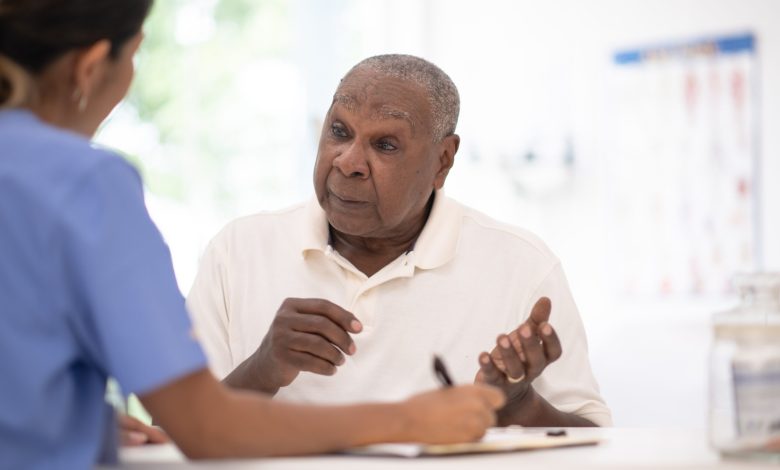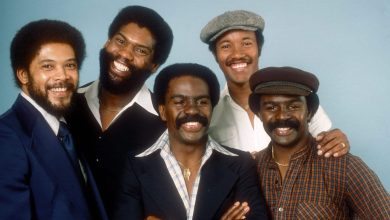This Study Shows Who’s Missing From Advanced Prostate Cancer Clinical Trials – BlackDoctor.org


A recent study in Advanced Urology explored who gets access to clinical trials for advanced prostate cancer in the United States, and older men are among the most affected. These trials are research studies that test new treatments and are crucial for improving patient care. The researchers used data from CancerLinQ Discovery, a large collection of information from many cancer doctors’ offices, looking at 17,028 men diagnosed with prostate cancer that had spread either within the surrounding area (regional) or to other parts of the body (metastatic) between 2011 and 2023.
The study showed that very few men with advanced prostate cancer participate in clinical trials. Overall, only 2.6% of patients—just 450 individuals—were enrolled in a trial. The number of participants varied over the years, peaking at almost 4% in 2018 before dropping back down to about 2.4% in 2023. Older men were less likely to join a trial.
The main focus of the study was to see if there were differences in trial participation based on race and ethnicity. Compared to White men, Hispanic/Latino men were significantly less likely to enroll in clinical trials. Men who identified as belonging to another race or ethnicity outside the common categories also had lower chances of participation.
Interestingly, the study found no significant difference in clinical trial enrollment between Black men and White men with prostate cancer. This is important because there are well-documented differences in health outcomes for Black men with prostate cancer.
It’s widely known that Black men are more likely to be diagnosed with prostate cancer and are more likely to die from it than White men.
- Higher Rates of Diagnosis and Death: Black men have the highest rates of prostate cancer diagnosis in the U.S., about 60% higher than White men. They also have much higher death rates from this disease. For example, for every 100,000 men, roughly 173 Black men are diagnosed with prostate cancer compared to about 108 White men. The death rate is also much higher: about 41 deaths for every 100,000 Black men versus about 19 deaths for every 100,000 White men.
- More Aggressive Cancer: Research suggests that prostate cancer in Black men might be more aggressive and is often diagnosed at later stages, which can lead to worse outcomes.
- Possible Genetic Factors: Scientists are also looking into whether genetic differences might play a role in why Black men are more likely to develop and die from prostate cancer.
Even though this particular study didn’t find a difference in clinical trial enrollment between Black and White men, the fact that Black men face a greater burden from the disease emphasizes the need for them to have equal access to all forms of care, including clinical trials. The study highlights the urgent need to understand why other groups, like Hispanic/Latino men and those who identify as “other race or ethnicity,” are less likely to participate and to create solutions to ensure everyone has fair access to these important research studies.
The researchers pointed out some limitations to their study. Because they used data from doctors’ offices, there might be other factors they didn’t measure that could influence who joins clinical trials. More research is necessary to fully understand why these differences exist and to develop ways to make sure everyone has equal opportunities to participate in clinical trials and receive the best possible care for prostate cancer.




